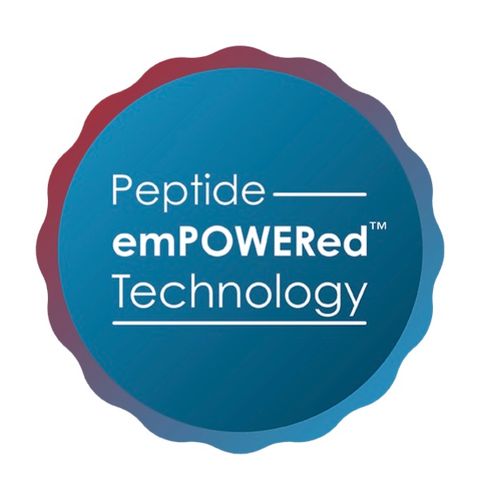Can peptide-based bio-pesticides displace synthetic chemical pesticides?

Sep 28, 2023 ·
30m 43s
Here are my main learning notes from this podcast, an interview with Anna Rath, CEO of Vestaron, the peptide-based pesticide company: - Vestaron’s product focus is peptides, or short-chain proteins....
show more
Here are my main learning notes from this podcast, an interview with Anna Rath, CEO of Vestaron, the peptide-based pesticide company:
show less
- Vestaron’s product focus is peptides, or short-chain proteins. Anna says that they have the same reliability and efficacy as chemical pesticides, but more precision targeting, and therefore safer use.
- Vestaron’s products are based off naturally occurring toxins such as spider and scorpion venom. That poses a challenge for product manufacture. Spiders inject venom, but clearly injection is not an option for commercial products. So, Vestaron has developed oral products, which, when mixed with another substance, can reach the target nervous system through the stomach wall.
- The pairing of its active ingredient with a “gut disruptor”, which is specific to different types of insects, enables its peptide to kill a target insect, while sparing non-target, beneficial insects, pollinators and wider wildlife. Neither the gut disruptor nor the active toxin is harmful to vertebrates, including people, Anna says.
- Vestaron sees its competitors as chemical insecticides, because the company can compete with their high efficacy in insect kill. It sees most microbe-based biological controls as in a different category, with a lower efficacy, at least in the insecticide market.
- In the U.S., Vestaron’s peptides are classed as an emerging technology, by the EPA, and as such can access an expedited regulatory path, but still have to prove their safety to the same standard as chemical pesticides.
- Partly because of a potentially slimmer regulatory approval process, Anna says that Vestaron can develop a new product in six to seven years, spending around $20 million, compared with around $350 million and 11 to 14 years for a traditional chemical insecticide product.
- The company’s first product is already approved for use in the U.S., Mexico and Canada, while the company is working towards entry into the EU market, which it expects by 2025 or 2026, if not sooner through expedited processes.
- The company’s first product is a broad-spectrum insecticide, which kills moth and butterfly larvae by ingestion, as well as a contact product killing small, soft-bodied insects like aphids.
- Anna draws parallels with a shift in the pharmaceutical industry, about 40 years ago, which she sees now coming to the agricultural chemical industry.
- That shift is away from what Anna terms “small molecule discovery”, namely broad-spectrum chemicals that it turns out run into problems with wider side effects, in agriculture’s case on the environment, or in pharma’s case on human health. Over the past several decades, pharma has shifted to large-molecule, protein-based human health solutions, such as antibody and enzyme-based remedies, which are more specific in how they bind to target molecules, and so have fewer unwanted side effects.
- Anna sees Vestaron as being able to disrupt the chemical pesticide market in the same way as Genentech or Amgen disrupted the pharmaceutical market, as the first company bringing protein-based solutions to the chemical pesticide industry.
Information
| Author | Gerard Wynn |
| Website | - |
| Tags |
Copyright 2024 - Spreaker Inc. an iHeartMedia Company
